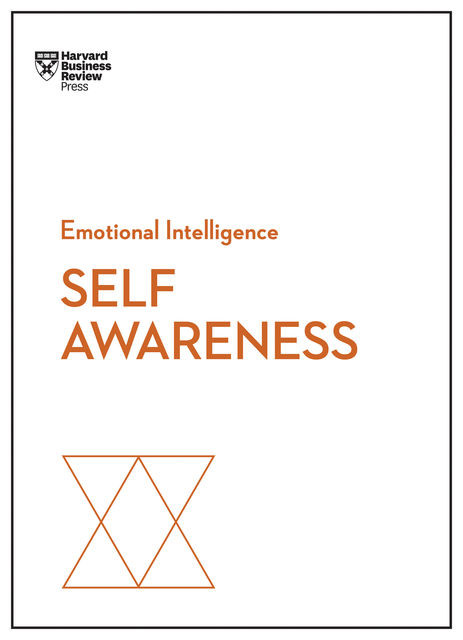Self-Awareness (HBR Emotional Intelligence Series)
- Elena Karhas quoted4 years agoIn the opening chapter of his book Shakespeare: The Invention of the Human, Harold Bloom, who has taught Shakespeare at Yale for 30 years, suggests that before Shakespeare, characters in plays would unfold but not necessarily develop.
- Elena Karhas quoted4 years agoThe opposite of control is acceptance: not acting on every thought or resigning yourself to negativity but responding to your ideas and emotions with an open attitude, paying attention to them and letting yourself experience them.
- Elena Karhas quoted4 years agoWe’ve worked with leaders in various industries to build this critical skill, and here we offer four practices—adapted from Acceptance and Commitment Therapy (ACT), originally developed by the University of Nevada psychologist Steven C. Hayes—that are designed to help you do the same: Recognize your patterns; label your thoughts and emotions; accept them; and act on your values.
- Elena Karhas quoted4 years agoTherefore, to increase productive self-insight and decrease unproductive rumination, we should ask what, not why. “What” questions help us stay objective, future-focused, and empowered to act on our new insights
- Elena Karhas quoted4 years agoAs it turns out, “why” is a surprisingly ineffective self-awareness question. Research has shown that we simply do not have access to many of the unconscious thoughts, feelings, and motives we’re searching for.16 And because so much is trapped outside of our conscious awareness, we tend to invent answers that feel true but are often wrong.17
- Elena Karhas quoted4 years agoThe second category, external self-awareness, means understanding how other people view us, in terms of those same factors listed above.
- Elena Karhas quoted4 years agoThe first, which we dubbed internal self-awareness, represents how clearly we see our own values, passions, aspirations, fit with our environment, reactions (including thoughts, feelings, behaviors, strengths, and weaknesses), and impact on others. We’ve found that internal self-awareness is associated with higher job and relationship satisfaction, personal and social control, and happiness; it is negatively related to anxiety, stress, and depression.
- Elena Karhas quoted4 years agoOne of the hallmarks of self-awareness is a self-deprecating sense of humor.
- romerobermudezlbhas quoted6 years agoResearch by Giada Di Stefano, Francesca Gino, Gary Pisano, and Bradley Staats in call centers demonstrated that employees who spent 15 minutes at the end of the day reflecting about lessons learned performed 23% better after 10 days than those who did not reflect.1 A study of U.K. commuters found a similar result when those who were prompted to use their commute to think about and plan for their day were happier, more productive, and less burned-out than people who didn’t
- romerobermudezlbhas quoted6 years agoThe mind’s thought stream flows endlessly, and emotions change like the weather, but values can be called on at any time, in any situation
fb2epub
Drag & drop your files
(not more than 5 at once)


